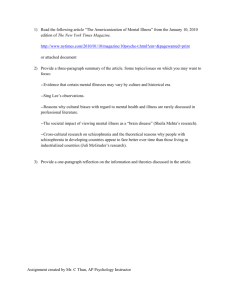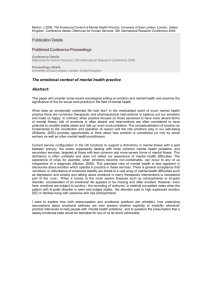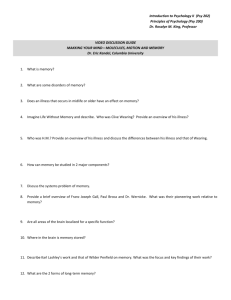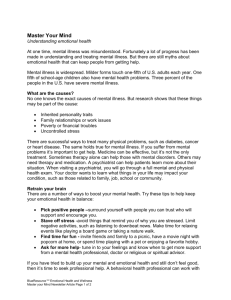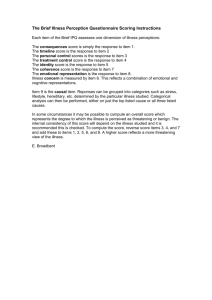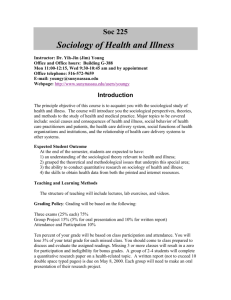Psych 1010 and 1101 Final Fall 2015
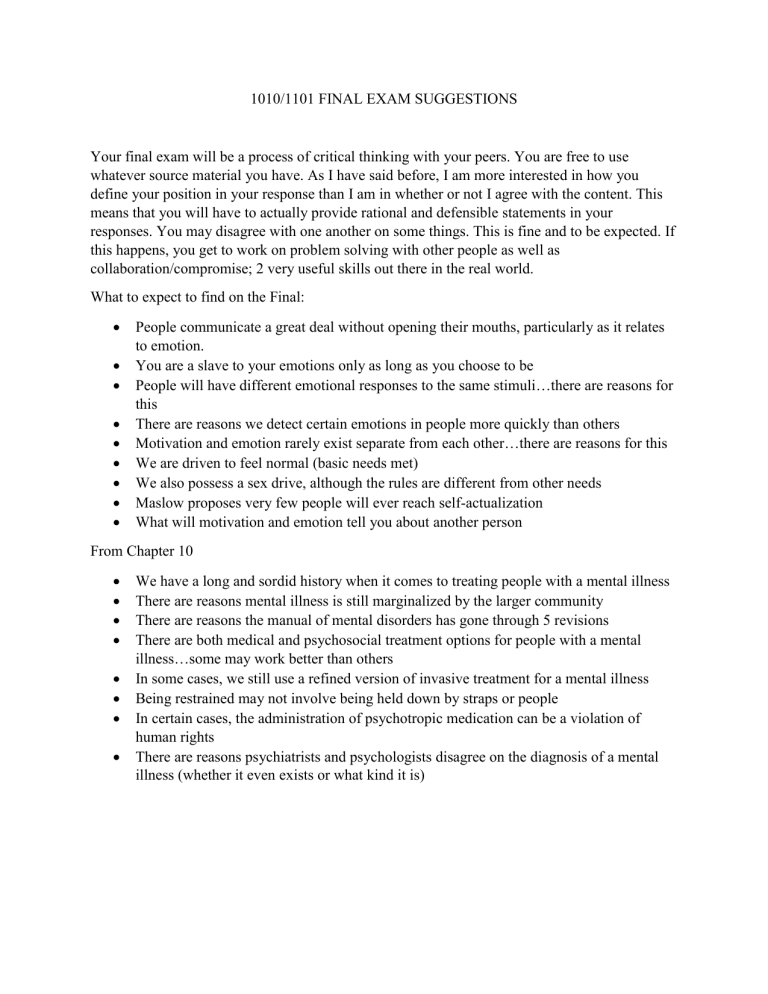
1010/1101 FINAL EXAM SUGGESTIONS
Your final exam will be a process of critical thinking with your peers. You are free to use whatever source material you have. As I have said before, I am more interested in how you define your position in your response than I am in whether or not I agree with the content. This means that you will have to actually provide rational and defensible statements in your responses. You may disagree with one another on some things. This is fine and to be expected. If this happens, you get to work on problem solving with other people as well as collaboration/compromise; 2 very useful skills out there in the real world.
What to expect to find on the Final:
People communicate a great deal without opening their mouths, particularly as it relates to emotion.
You are a slave to your emotions only as long as you choose to be
People will have different emotional responses to the same stimuli…there are reasons for this
There are reasons we detect certain emotions in people more quickly than others
Motivation and emotion rarely exist separate from each other…there are reasons for this
We are driven to feel normal (basic needs met)
We also possess a sex drive, although the rules are different from other needs
Maslow proposes very few people will ever reach self-actualization
What will motivation and emotion tell you about another person
From Chapter 10
We have a long and sordid history when it comes to treating people with a mental illness
There are reasons mental illness is still marginalized by the larger community
There are reasons the manual of mental disorders has gone through 5 revisions
There are both medical and psychosocial treatment options for people with a mental illness…some may work better than others
In some cases, we still use a refined version of invasive treatment for a mental illness
Being restrained may not involve being held down by straps or people
In certain cases, the administration of psychotropic medication can be a violation of human rights
There are reasons psychiatrists and psychologists disagree on the diagnosis of a mental illness (whether it even exists or what kind it is)

